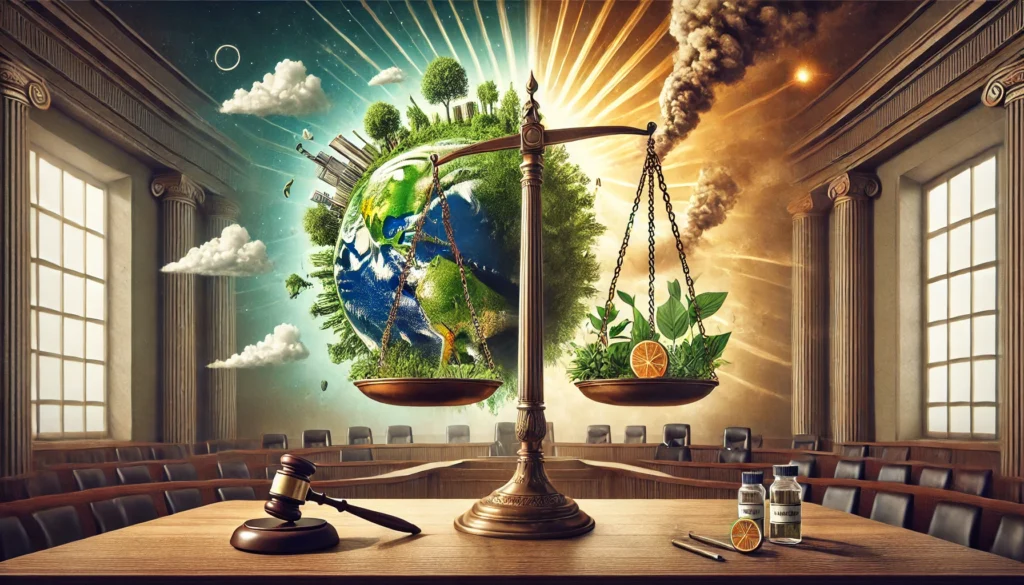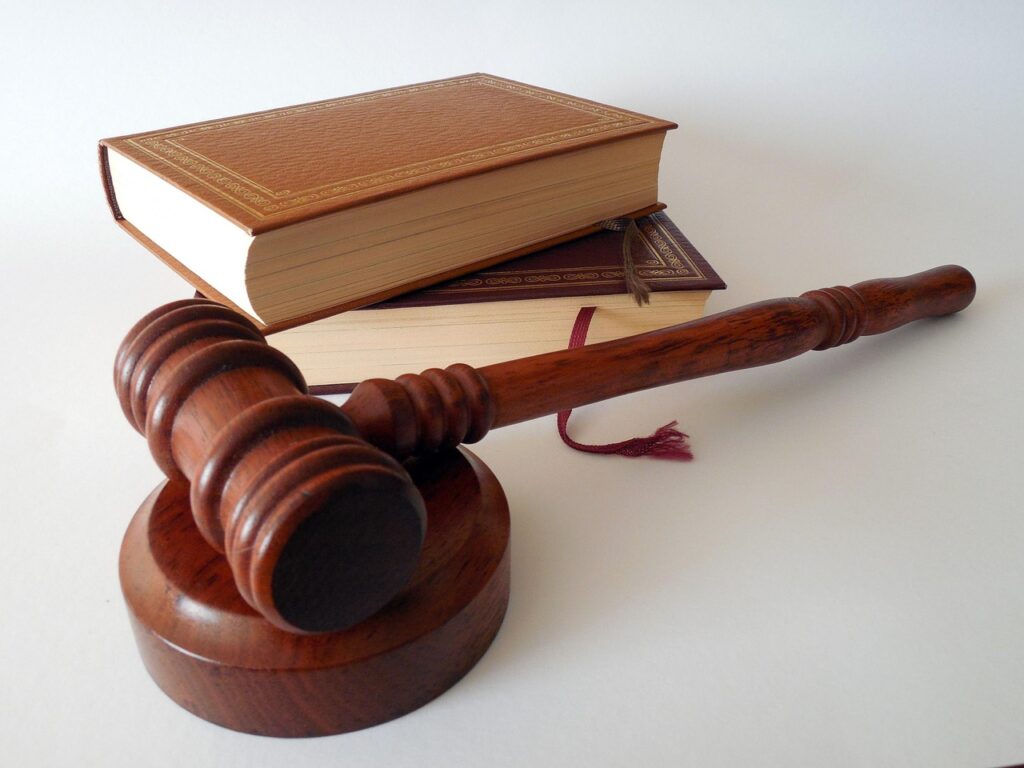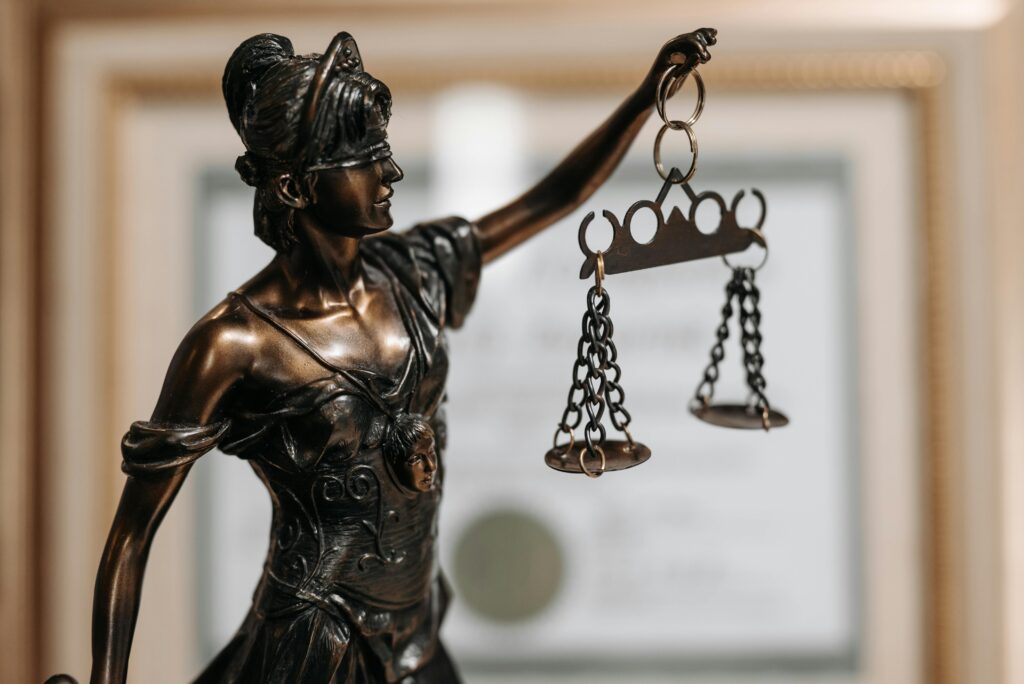Published On: 9 October, 2023
Copyright Law
The different forms of copyright authorship help in creating new projects and literary works. There have also been debates around the subject of copyright in the electronic age. The works can be easily viewed, copied, manipulated, and reproduced with the help of electronic means thus becoming subject to infringement of privacy. For example, Pulitzer Prize winner Michael Chabon accused Meta of releasing a pirated version of his writings. However, many experts believe that the issues are technology-related rather than the courts or legislation and can be saved by a better decoding and encryption system.
In 1998, there was a Digital Millennium Copyright Act was enacted to seek a better promotion of digital commerce and to impose penalties for violation of Copyright. This act moved the nation’s copyright law into the world of the digital age. The DCMA wanted to approve U.S. copyright law by taking technological protection matters, forbidding trafficking of products, forbidding tampering of copyright management information, and creating a safe space for online service providers like Yahoo and AOL. There have been debates on this new act that has controversy regarding innovation and free speech. There have also been several issues with electronic publishing, distribution, and viewing of copyrighted works. Courts have also struggled to maintain a balance between protecting the rights of an individual author and the progression of disseminating valuable information. This Act also gave birth to DeCSS technology that helps in paraphrasing the encryption and thus makes copyright illegal. Another issue is about the online service provider that cannot be held liable for performing its function but using some useful data presented on the internet. The webcasters also have to pay a royalty fee to the original producers which has been statutorily set but petitions have been filed in courts to eventually decrease the fees.
Earlier it was arguable that video games are not copyrightable and have a sequence of sounds and images apart from underlying computer programs that make it different. Even player participation has caused a change in the game leading to different outcomes. Section 106 of the Copyright Act allows the reproduction of work and permission to make a derivate work out of it. Even section 117 allows a backup copy to make some modifications for the owner’s personal use. The problem majorly arises when infringement is computer-related and a lot of technical words are used. There are also uncopyrightable systems that exclude section 102 of the Copyright Act. The courts in general have given a reasoning that an operating system expresses the idea of copyright. Sometimes the ideas and works are very much emerged that it becomes practically and humanly impossible to differentiate them in such a manner that protected data is distinguished from the unprotected one. Unlike songs and books, the computer program is task-oriented and gives specific knowledge about protecting copyright.
The hardware and software standards have to also look for mechanical specifications and try to match compatibility requirements without being affected by any external factors. A court will also try to dissect infringed program structures and filter out unprotected elements. Even computer programs can analogize programs by paraphrasing them in a technique that the contextual meaning remains the same but the coding looks different. Courts in this way had to take a step further to issue copyright on the way of presentation, organization, structure, and sequence of a particular coding. Issues of Software piracy are also very prominent causing huge losses to firms. There are no international laws that govern such piracy and just mention punishments for the physical plundering. But this does not stop in the case of software but also extends to the entertainment industry where it is very common to find music piracy. Thus, a new law was passed in 2005 which was the Family Entertainment and Copyright Act imposing criminal penalties on those who record movies in a theatre, criminalizing videos that are leaked before their commercial release, and finally allowing private households to refine content related to violence or sexual references and immunizing them.
The copyright law has allowed some recent developments like immunizing the lace used in wedding dresses and allowing them to be used by other makers for wedding dresses. In this case, the design might be copied and the haute fashion designers ask for protection. Thus in 2007 amendments were made to extend the copyright on some designs. Secondly, there have been developments in better encryption of publications as sometimes the author is unable to sell his online copies as people find alternatives to download it for free. The Justice Department has also announced a lot of criminal copyrights and ways to ban IP thefts. Another case was not to give any royalty fees on ringtones used in phones as the maker had already released the recording in the public domain and anyone could obtain a statutory license for it. In case any institution also gives education that is for nonprofit reasons and is a form of distance learning then educators can be given the right to transmit copyrighted works through the internet. Even a case was filed on Google which scanned every book published to make a full text searchable but when litigation commenced it was held that Google could provide an excerpt rather than a full book.
Finally, this research paper can be concluded by saying that computer programs can have copyright if their works are registered with the Copyrightable Office as literary work. They are also protected against any kind of infringement. Several cases have emerged that indicate that merged ideas cannot be protected but the computer programs hold a monopoly in different cases this may also give access to unprotected elements of a program. These works may be copied, stored, reproduced, and disseminated by electronic means primarily the Internet. However several acts have been passed over time to regulate authority over someone’s literary work and to recognize their hard work and efforts in creating a substantial output. These creations are subject to reasonable classification and with some exceptions can be used by the common public and are given freedom under the regulating Act. But in usual cases, a person may seem protected under criminal and IT laws rendering strict punishment to the violators. This Act still needs a lot of impediments so that no one can misuse the laws, this shall be improved with evolving time.
REFERENCES:
- ‘Copyright Infringement: Latest News & Videos, Photos about Copyright Infringement: The Economic Times – Page 1’ (The Economic Times) https://economictimes.indiatimes.com/topic/copyright-infringement accessed 4 October 2023
- Asthana S, ‘All You Want to Know about Piracy Laws & Regulation in India’ (iPleaders, 4 December 2019) https://blog.ipleaders.in/piracy-laws-india/ accessed 4 October 2023
- ‘Copyright Symbol’ (Alt Codes Symbols) https://www.alt-codes.net/copyright_alt_code.php accessed 4 October 2023
- Bouchoux DE, Intellectual Property for Paralegals: The Law of Trademarks, Copyrights, Patents, and Trade Secrets (Delmar Cenage Learning 2013)



